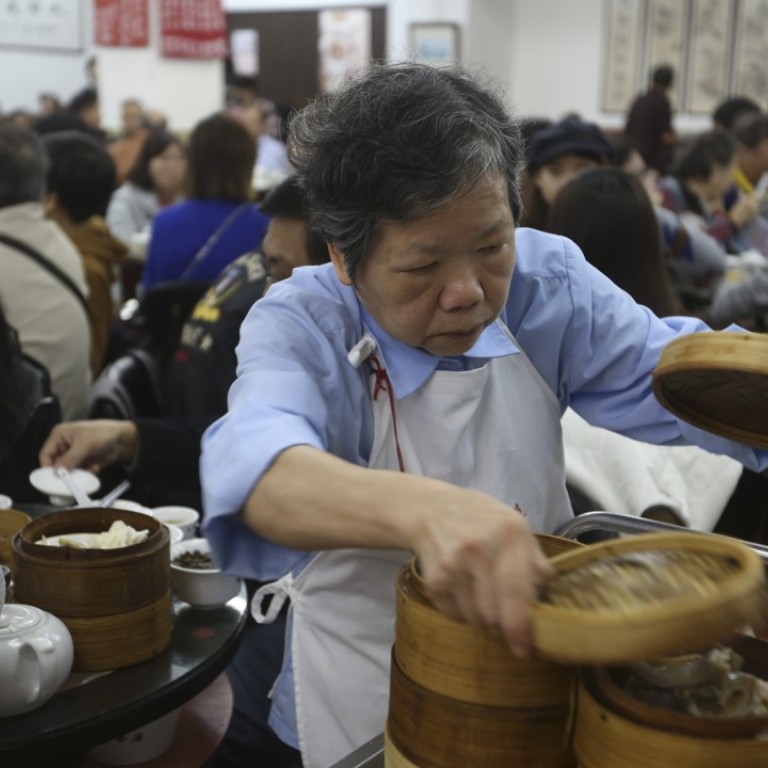
Oxford dictionary has accepted ‘add oil’ but think twice before using it in an English exam or a business email
My students’ initial response was “o-mouthed” (another Hong Kong usage, meaning “dumbfounded”). They went on to ask if it is OK to use “add oil” in the public exam, to which I said, “I wouldn’t take the risk if I were you.” After all, dictionaries only record and describe authentic language use, but do not prescribe proper use of the language.
It is obvious that native speakers of English may fail to understand such usage. A YouTube video featuring a local reporter interviewing random English speakers in Hong Kong confirms my suspicion, with all the interviewees failing to decipher “add oil”. Some thought it means adding fuel to a vehicle or pouring olive oil onto a pan.
Watch: SCMP columnist Luisa Tam on ‘add oil’ and other Cantonese phrases
Will “add oil” be widely accepted in domains like education, business, the government and media soon? The answer is a resounding no, since substandard use of English will be perceived as a lack of effort or caution on the part of language users to promote correct, standard use of the second language here. Imagine the public backlash in the local community if “add oil” were used in a document.
Having said that, I foresee that such uniquely local English phrases will continue to find their way into the English lexicon. The addition of “add oil” to the Oxford dictionary also signifies the rise of Chinese culture in the Western world. Language is an ever-evolving phenomenon, so perhaps one day we will hear native speakers of English saying “add oil” to one another.
In the meantime, native speakers will probably continue to scratch their heads when conversing with a local who uses “add oil” in their conversation. Yet, that’s the beauty of communication, during which negotiation of meaning takes place to allow for the exchange of ideas, cultures and vocabulary.
Jason Tang, Tin Shui Wai

